“They amused themselves with my body”: Male survivors of sexual violence stay silent in CAR
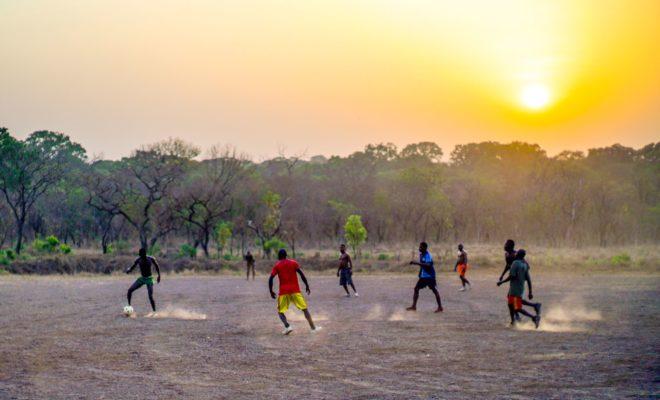
Sexual violence is widespread in the Central African Republic’s conflict, including against thousands of men and boys.
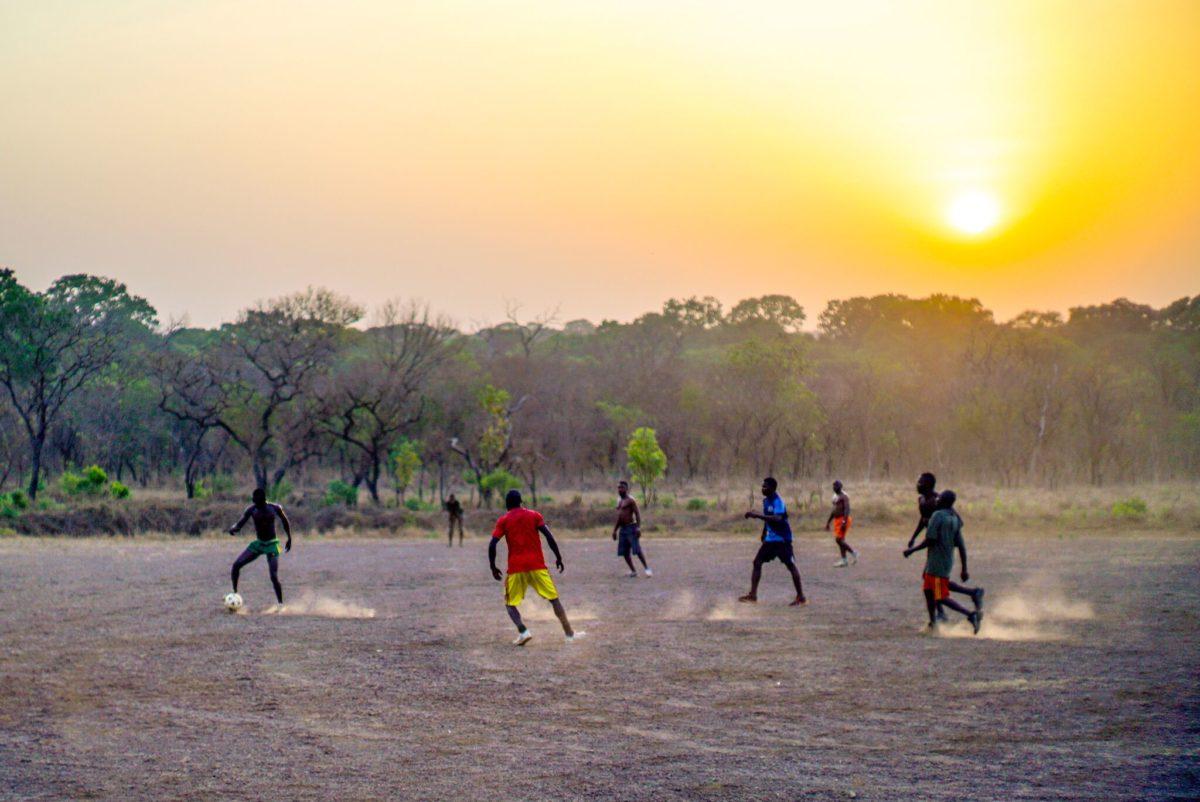
Care and attention to male survivors of sexual violence is particularly limited in the CAR. Credit: Zack Baddorf.
During an attack on his village near Kaga Bandoro in April 2017, Emmanuel* was captured by an armed group. They took him to a temporary military base in the bush along with seven other men and boys. For about a month, Emmanuel endured repeated sexual assault and other forms of physical violence.
“They stripped and tortured me until I had no more strength,” he recounts.
His abusers, members of the Central African Patriotic Movement (MPC), struck him with their weapons, raped him, and hit his genitals.
“Some soldiers amused themselves with my penis,” he says. “They amused themselves with my body.”
Emmanuel was forced to perform oral sex on the troops and have anal sex with the other prisoners. He tried to resist but was beaten and left unconscious, nearly dead.
“They said they were doing this to dominate us and make us fear them.”
Deteriorating security
Fighting in the Central African Republic (CAR) has been ongoing since 2013, when the Seleka rebels seized power before the anti-Balaka militias took up arms to fight back. The resulting conflict has left thousands dead and more than a million people displaced.
Over the years, the violence has continued to evolve. According to the Enough Project, there are now around 14 active armed groups in the CAR, which together control about 60-70% of the countryside.
Last year, the human rights situation deteriorated significantly. In a period of just three months in mid-2017, the UN documented 809 violations of international human rights and humanitarian law affecting nearly 1,200 victims.
Earlier in the year, the withdrawal of US and Ugandan troops, who were on a mission to hunt down the Lord’s Resistance Army, had exacerbated the problem. Other armed groups took advantage of the security void, fighting for control over areas in the southeast where there is little to no government security presence.
Afraid to speak
Lawlessness and impunity in the CAR has allowed for rampant sexual violence. According to the UN Population Fund, there were 11,110 recorded cases of gender-based violence in 2016 alone.
About 14% of these – over 1,500 cases – involved men or boys. However, in over a month of fieldwork for the All Survivors Project in late-2017, only four male survivors of sexual violence were willing to talk openly about their experiences. Intense stigma and shame make it difficult for men and boys to discuss what happened to them. As one expert on gender-based violence at an international medical NGO explained, male victims of sexual violence are regarded as having sullied the name of the community and are often forced to leave.
Emmanuel, one of the few willing to speak, says he is “disgusted with life”. He managed to escape from his captors after being sent to collect firewood and fled to the capital. In all, he was raped at least a dozen times. The other survivors who spoke had endured similarly brutal experiences.
Once in relative safety, Emmanuel did not seek medical care, even though he was suffering pain in his stomach, abdomen and anus. He also had blood in his urine, was suffering from sexual dysfunction, and was afraid that he may have contracted sexually-transmitted diseases.
Emmanuel says he wanted to go to hospital but was afraid of being “condemned” by healthcare staff. “People will start to stigmatise me,” he says.
“We are not asking the questions”
All survivors of sexual violence in the CAR face huge difficulties in accessing care and support due to a lack of adequate public services, prohibitive costs, and insecurity. But many aid workers acknowledge that the lack of attention to men and boys in humanitarian programming is a particular weakness.
Even identifying male survivors is a serious challenge. According to a UNICEF child protection expert, “the main reason behind the low numbers of boys is because they are not being screened and identified. It is not because there are no cases. We are not asking the questions.”
Care designed for male survivors is also practically nonexistent. The clinical guidance for treating male survivors is very limited for international and national service providers in the CAR. Meanwhile, humanitarian agencies’ levels of expertise on sexual violence against males are generally low.
With so many competing needs and high rates of sexual violence against women and girls, resources are already thinly-stretched. In 2017, humanitarian funding for the country reached just 39% of what was needed.
Nevertheless, some humanitarian organisations are putting in place best practices for male survivors of sexual violence.
In Obo, for example, a neighborhood chief received training during an NGO-run sensitisation programme on gender-based violence. He went on to mediate between the families of two men who had been sexually victimised. He explained how he facilitated discussions between the two men and their wives, leading to increased acceptance by the women that what had happened was not the fault of their husbands and that the men should not be rejected.
Justice for survivors
There have been some recent positive developments on accountability for survivors. The Special Criminal Court (SCC) has said it will investigate serious crimes, including sexual violence. Meanwhile, a new police unit – the Joint Unit for Rapid Intervention and Eradication of Sexual Violence against Women and Children (UMIRR) – is also looking into gender-based crimes. Both are at an early stage and face significant challenges, but present opportunities for involving violence against males as part of their work.
The International Criminal Court (ICC) is also active in CAR. Its investigations led to the 2016 conviction of Jean-Pierre Bemba for war crimes and crimes against humanity, including the rape of men. This was the first ICC conviction of an individual for his responsibility as commander for crimes of sexual violence against men in armed conflict.
The UN’s 12,000-strong peacekeeping force in the CAR (MINUSCA) has been supporting these judicial efforts. However, its soldiers are regularly criticised for their failure to protect civilians, including against sexual violence.
Until there is greater recognition and attention given to sexual violence against men and boys, male survivors such as Emmanuel will continue to be left with limited options to receive care, even if they are able to come forward. These men and boys must not be ignored.
*name changed
The All Survivors Project report on sexual violence against males in the Central African Republic is released on 5 March. It calls for a variety of actions by humanitarians, the UN, national authorities, and other stakeholders on how to better support male survivors of sexual violence.


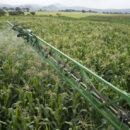
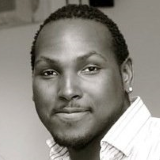
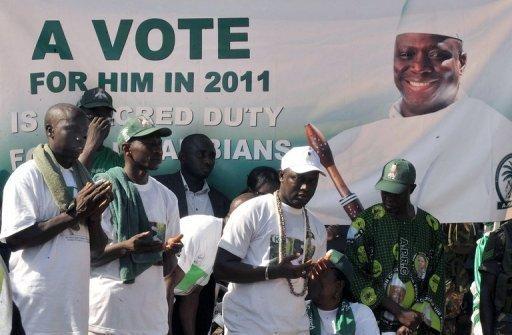


How can I apply to help these organisations with my skills and time on a full time basis. I am been in the business world and achieved most of my work goals. I understand this type of violence and been around Africa thru my working career. Is there a NGO I can work thru.